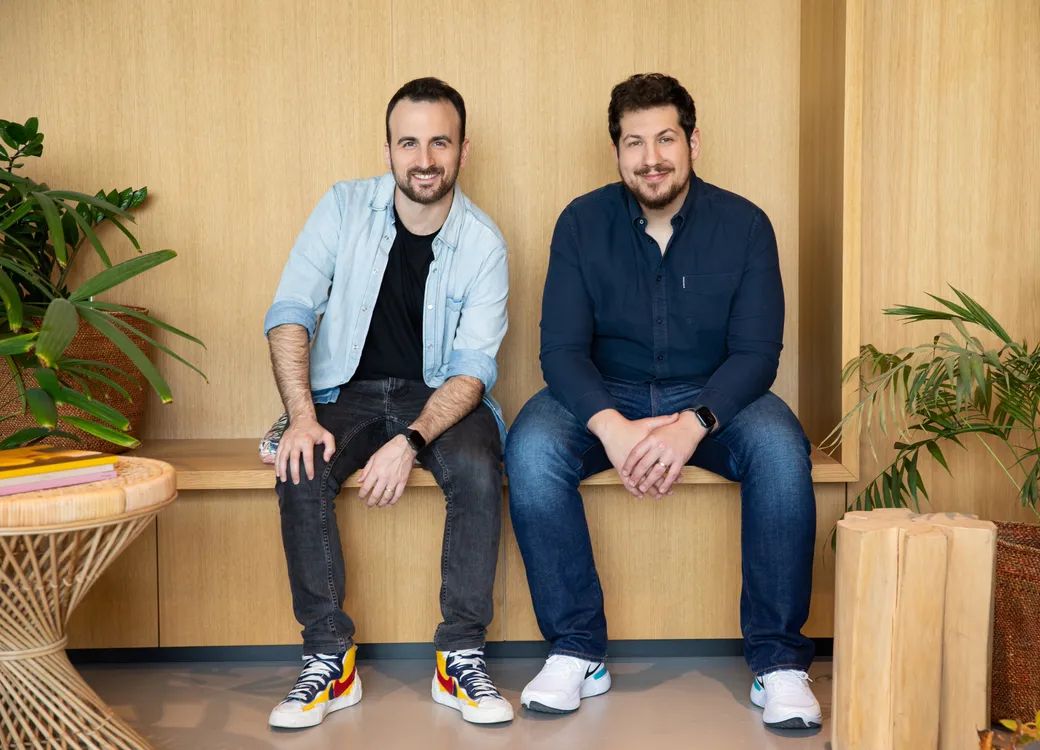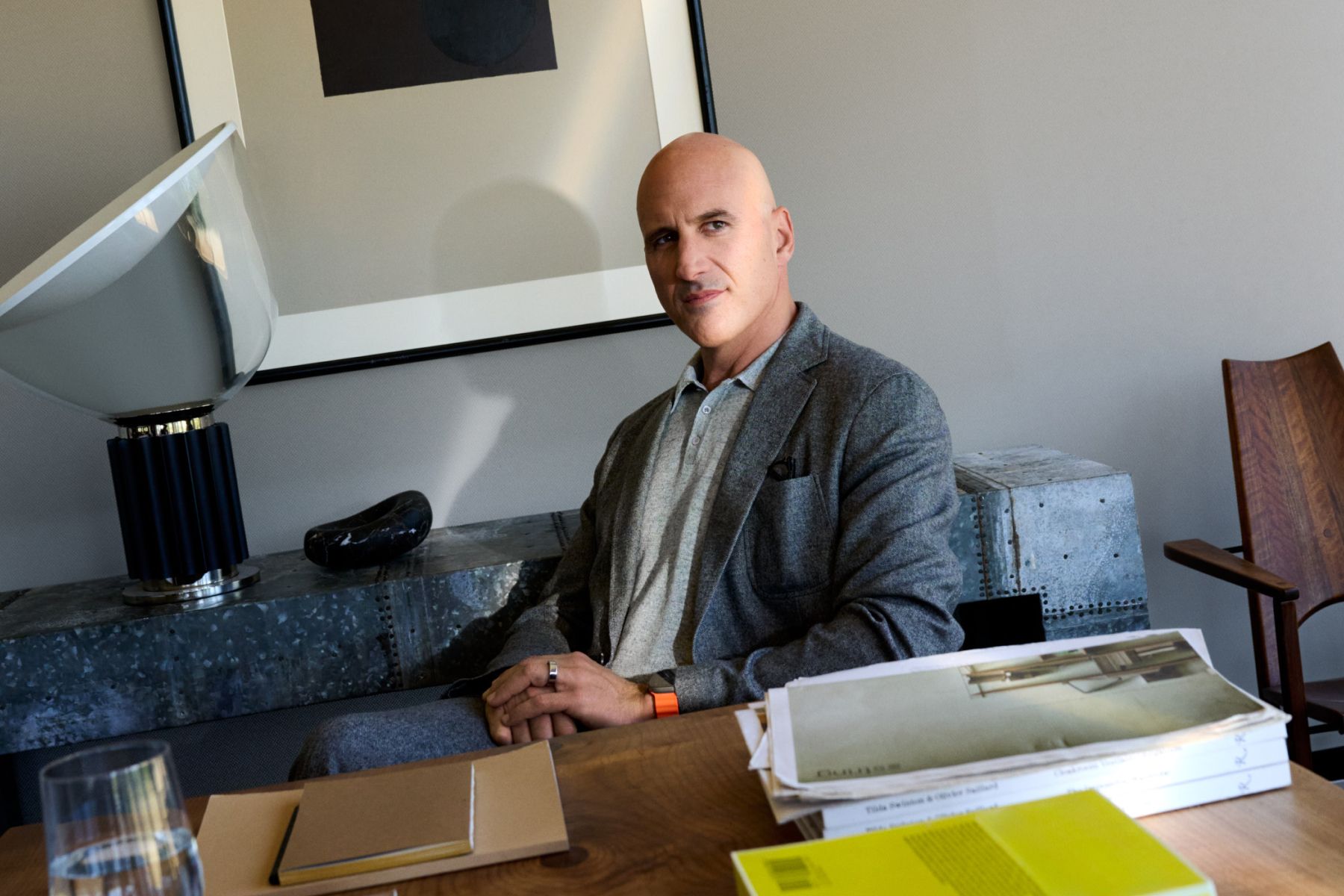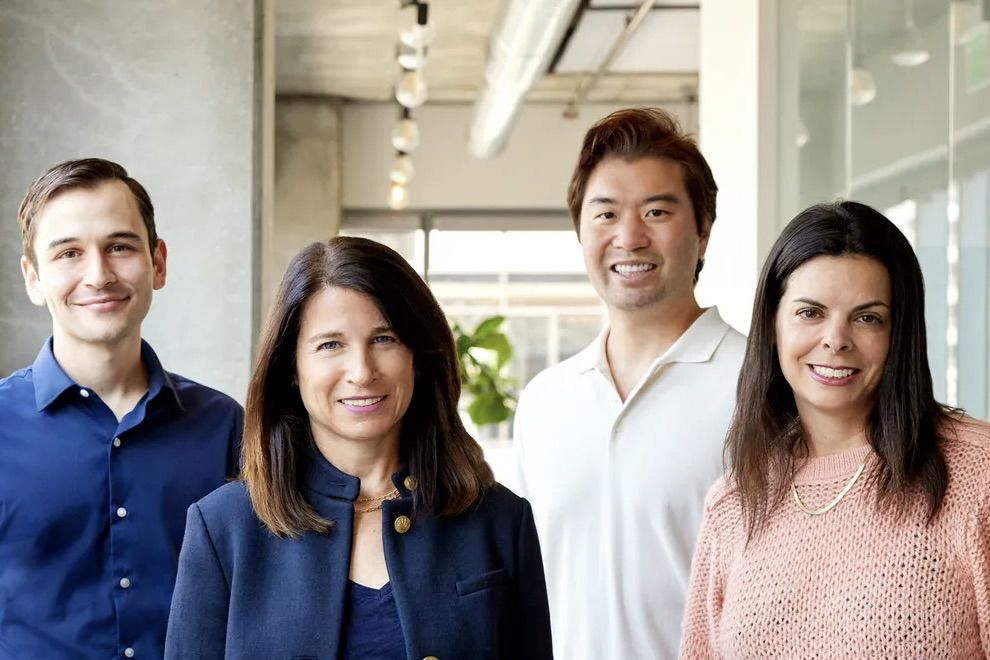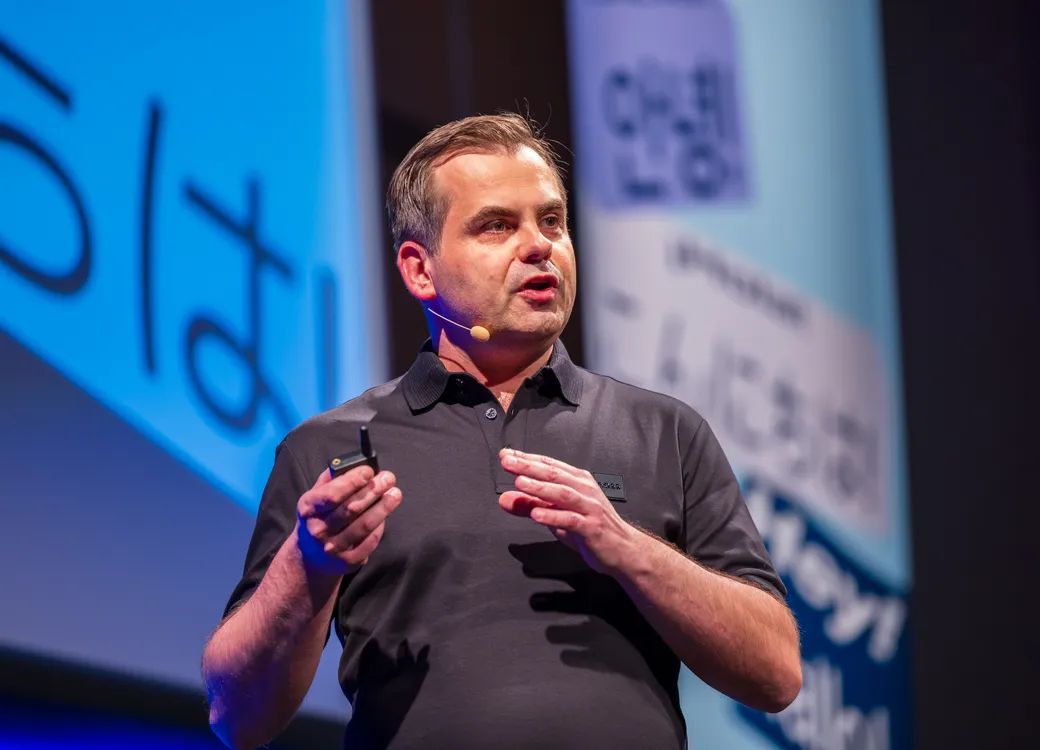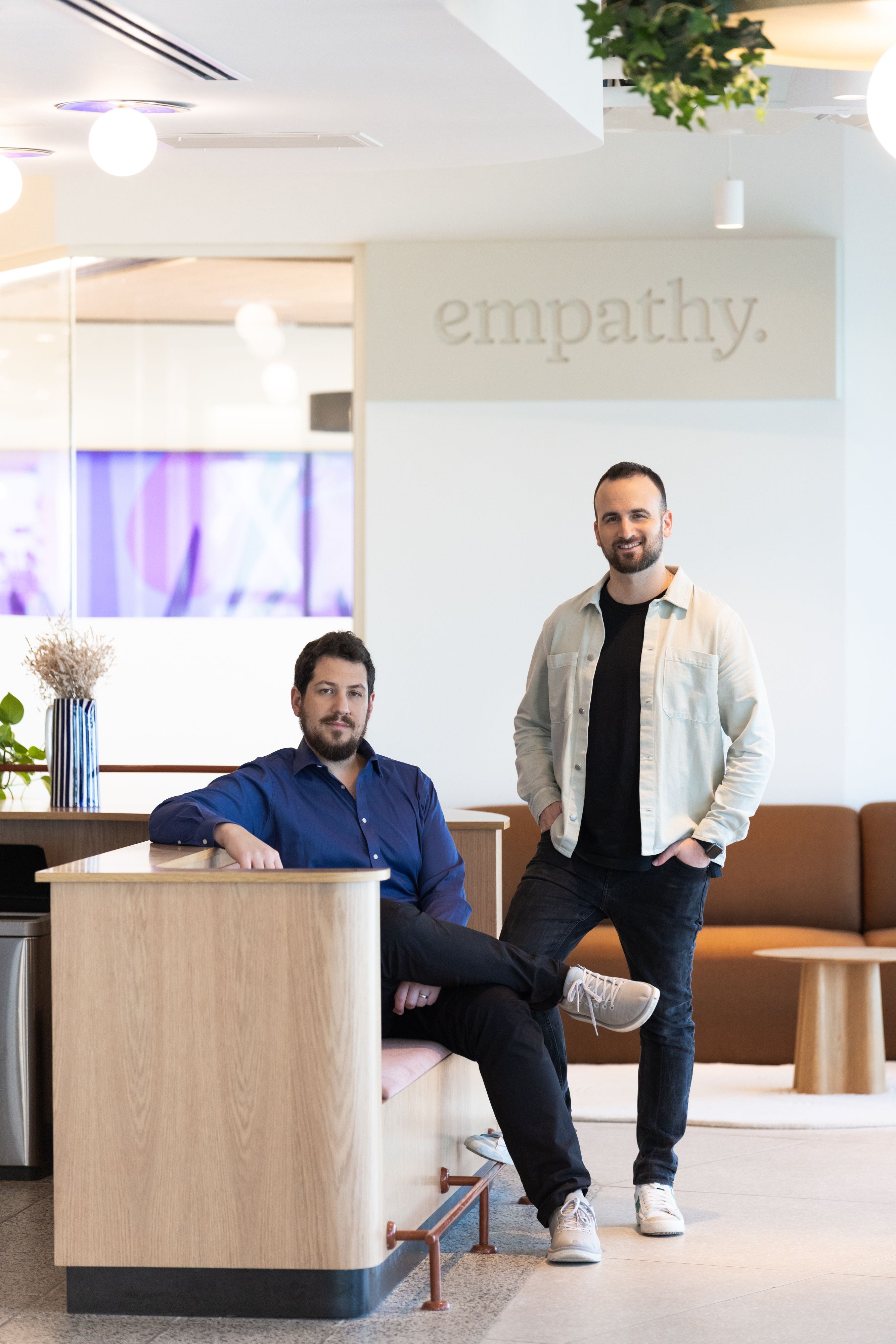Danny is a businessman with an artist’s sensitivity and empathy. He's been tremendously helpful as we build the future beauty company.Emily Weiss,
CEO and Founder of Glossier
Danny Rimer is an investor and partner at Index Ventures. He opened the firm’s London office in 2002 and the San Francisco office in 2012, before returning to London in 2018. He has been ranked by Forbes as one of the world’s top investors for over a decade.
Danny has always been drawn to working with founders who share his passion for the power of design and his fascination with the intersection of technology and culture. This has informed investments in Figma, Dropbox, Discord, Etsy, Farfetch, Glossier, Patreon and many more.
Of his role as an investor, he says: “Our job is spotting someone trying to spark lightning in a bottle working out of their garage and we have to figure out whether they’re the right people to do this, that they have been placed on this Earth to go after this global ambition. We then work tirelessly to help them get there.”
Danny’s interest in technology began when he moved to the West Coast at the birth of Web 1.0 in the 90s. Taking a job as an underwriting analyst at Hambrecht & Quist (now owned by JP Morgan), Danny established the boutique investment bank’s internet sector equity research group and worked on the IPOs of Amazon, Netscape, Verisign and more. It was this experience that ignited a desire to work directly with those building companies, and he soon became a General Partner at The Barksdale Group in 1999, before moving to Index three years later.
What do you mean when you describe Index as “outsiders?”
Danny — Outsiders are able to observe, understand, and reflect on the dominant culture, rather than participating. Their perspective is from a distance, and provides a global understanding that you can’t really have if you’re embedded somewhere. My mom is Belgian, my dad is Canadian, but I grew up in Switzerland. In Europe, I’m considered American and in America, I’m considered European. It’s an outsider status I’m comfortable with, and the same goes for a lot of us at Index.
How did it feel to be working on the early internet companies?
Danny — It felt important, but unclear. I’m an optimist, and I believed the internet would be transformative, but I grossly underestimated its impact on a global scale. I thought Amazon would revolutionize the book industry, not all of retail, logistics, and infrastructure. Folks who kicked off companies in the internet space were mavericks at that time. They were brilliant, but they were on the margins of both business and society. They approached their round-the-clock work like a science project, making innovations available and scalable.
How is the beauty industry being disrupted?
Danny — Consumers are no longer loyal to brands. They don’t buy products because their mothers or grandmothers used them. They’re simply looking for the best thing out there. Because of the tectonic shifts the online selling has set off, like the availability of YouTube videos on how to apply beauty products, brands can listen to what customers want and efficiently build something for them. That translates to a better product, at a better price, delivered faster.
Perspectives
Candid with Figma's Dylan Field




